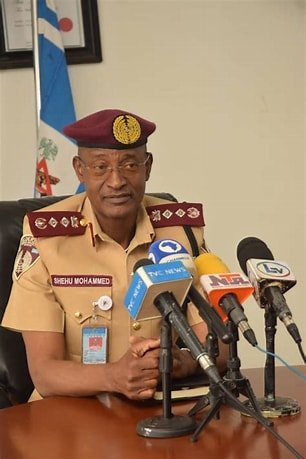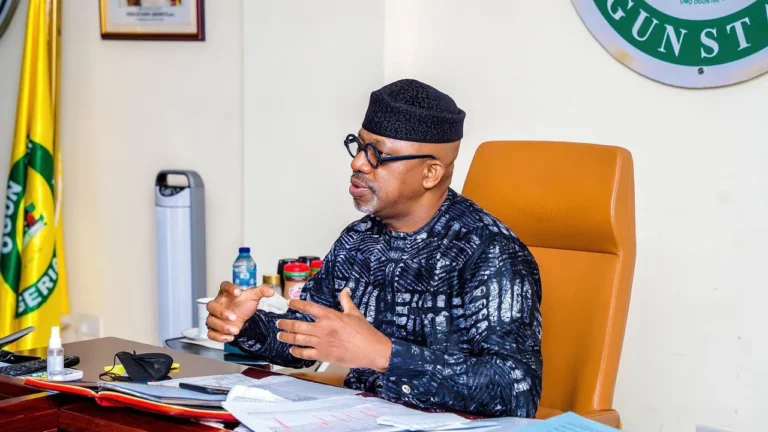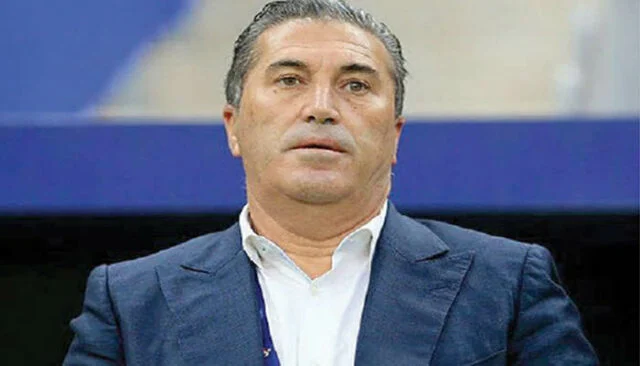
11th February 2025
Since assuming office in May 2024, what has been your main focus?
Upon taking office, I prioritized improving road safety, operational efficiency, and technology adoption. We enhanced personnel deployment to critical areas, introduced staff training, promoted welfare initiatives, and strengthened collaborations with stakeholders. Additionally, we adopted technology such as body-worn cameras and electronic document management systems to improve transparency and efficiency.
How is the FRSC tackling overloading, reckless driving, and unroadworthy vehicles?
We launched a “Total War on Critical Offences” campaign, targeting overloading, speeding, mixed loading, and driving under the influence. We also focus on addressing tanker crashes, which occur mainly due to the high volume of petroleum products transported by road. Through stakeholder engagement, we aim to reduce these incidents.
What measures are in place for accident-prone highways like Lagos-Ibadan Expressway?
High-risk roads often serve as major transit routes, with fatigue playing a role in accidents. To address this, we increased visibility by creating more unit commands and outposts and deploying additional personnel to these areas.
What new strategies has the FRSC implemented to reduce road crashes?
We employ the global “5E” strategy: Education, Engineering, Enforcement, Evaluation, and Empowerment. We’ve enhanced this by increasing unit commands, collaborating with the judiciary and National Assembly, and updating special marshal protocols to improve road safety.
How has the use of body-worn cameras helped curb corruption?
Body cameras provide real-time monitoring, ensuring transparency and accountability. They also serve as evidence in cases of assault or misconduct, protecting both the public and our personnel.
Is the enforcement of third-party vehicle insurance under the FRSC’s mandate?
While our core mandate is reducing road crashes, we support the police in enforcing third-party insurance, as it contributes to safer roads.
How is technology improving motorist education and compliance?
We leverage social media and FRSC mobile apps for awareness and real-time reporting. A second version of the app is in development, which will allow fine payments and interactions with other agencies.
How does the FRSC handle motorists who resist compliance?
We train personnel to remain calm and professional when dealing with aggressive motorists. Support is available via a toll-free line (122), and security agencies assist when needed.
What is being done about fake diplomatic and unauthorized number plates?
Following embassy complaints, we collaborated with security agencies to clamp down on offenders. So far, over 60 arrests have been made, and investigations are ongoing. We plan to extend the operation nationwide.
Why does the FRSC need an armed squad?
Following a directive from President Bola Tinubu, the FRSC is expanding its night operations. An armed squad would enhance security for our personnel, protect infrastructure, and enable faster emergency response. The proposal has passed the second reading in the National Assembly.
What is the status of penalty points for traffic violations?
We are set to implement a penalty point system where repeated violations could lead to license suspension or revocation. Offenders must undergo retraining before regaining their driving privileges.
What are the FRSC’s infrastructure and resource needs?
We require more staff, offices, and Quick Response Commands nationwide. Investments in technology, such as body-worn cameras and speed cameras, are also needed to enhance efficiency.
What legacy do you hope to leave as Corps Marshal?
My goal is to significantly reduce road crashes, injuries, and fatalities in Nigeria by 2030, ensuring safer roads for all.
This version maintains the key information while making it more concise and structured. Let me know if you’d like any further refinements!



